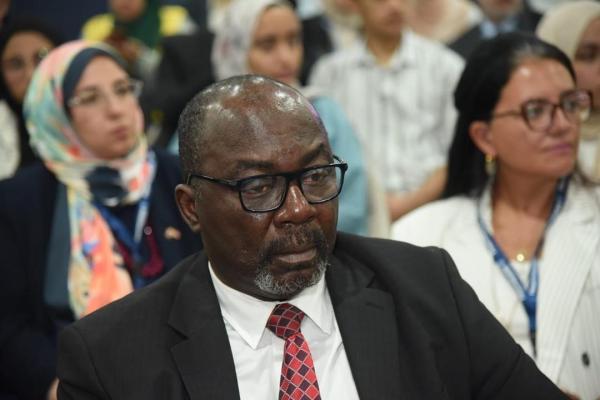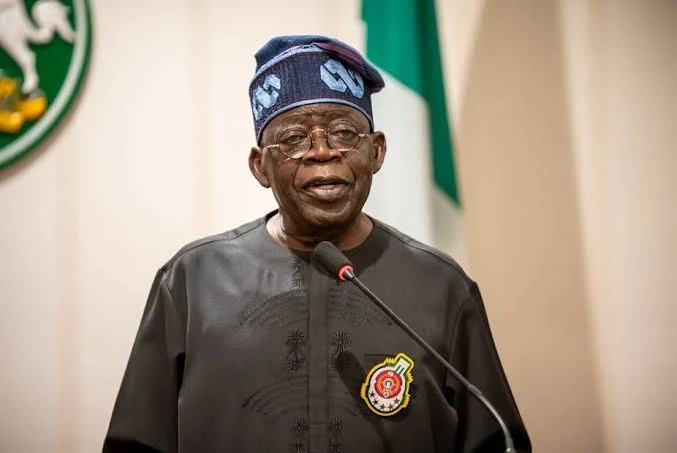
Foreign direct investors have staked $10bn (about N2tn) on the Nigerian telecommunications industry in the last four years, the Nigerian Communications Commission has said.
The Executive Vice Chairman, NCC, Dr. Eugene Juwah, said this in a presentation he made at a forum with journalists in Abuja on Thursday.
Juwah, who was represented at the forum by the Director of Public Affairs, NCC, Mr. Tony Ojobo, also said that Internet penetration in the country now stood at 59.4 per cent.
According to him, foreign direct investment in the industry has grown from $25bn at the end of 2010 to $35bn, showing 40 per cent increase within a period of four years.
Juwah said, “The Nigerian telecommunications industry has grown in leaps and bounds over the last four years. Our industry statistics as of February 2015 show an active voice subscriber base of about 142.5 million; a tele-density of about 101.8 per cent; about 83.2 million Internet subscribers (overwhelmingly using wireless access means); Internet penetration rate of about 59.4 per cent; and Foreign Direct Investment of about $32bn; and the telecoms industry contributes about nine per cent to Nigeria’s Gross Domestic Product.
“In 2010, there were 88.3 million subscribers, with a tele-density of about 63.1 per cent and less than 20 million Internet subscribers, and an aggregate investment of about $25bn with a GDP contribution of 4.5 per cent.
“Regardless of this impressive performance, however, the Nigerian telecommunications industry still has tremendous opportunities for growth, especially in the area of broadband infrastructure deployment.”
Juwah said the NCC would continue to encourage the rollout and strengthening of the ICT infrastructure, promote healthy competition in the broadband ecosystem, and promote accessibility and affordability to the entire population.
The NCC boss regretted that the impressive results recorded by the industry notwithstanding, broadband penetration had remained low.
He listed some of the bottlenecks negating broadband infrastructure rollout to include lack of metropolitan fibre networks in cities across the country; high cost of leasing intercity fibre backbone infrastructure from existing infrastructure owners; and unregulated pricing of transmission capacity provision from infrastructure owners.
Others, he said, were the need for more spectrum bandwidth for mobile broadband to drive Internet service expansion, relatively low levels of co-location and infrastructure sharing among industry players and the need to encourage more innovation, especially from small and medium sector players.
According to him, the auction of one slot of 30MHz bandwidth in the 2.3GHz frequency spectrum band on a wholesale basis was carried out to trigger broadband expansion and encourage the growth of small and medium-scale Internet Service Providers across the country.
The planned interconnection of Internet Exchange Points across the country is geared towards encouraging small and medium ISPs, improve quality of service delivery of the ISPs, optimise their costs and engender the growth of innovative services, he said.
The rollout of the required metropolitan fibre infrastructure and the provision of fibre infrastructure across the cities and towns as well as the provision of fibre bandwidth, Juwah added, were steps further taken to broaden broadband infrastructure in the country.






















